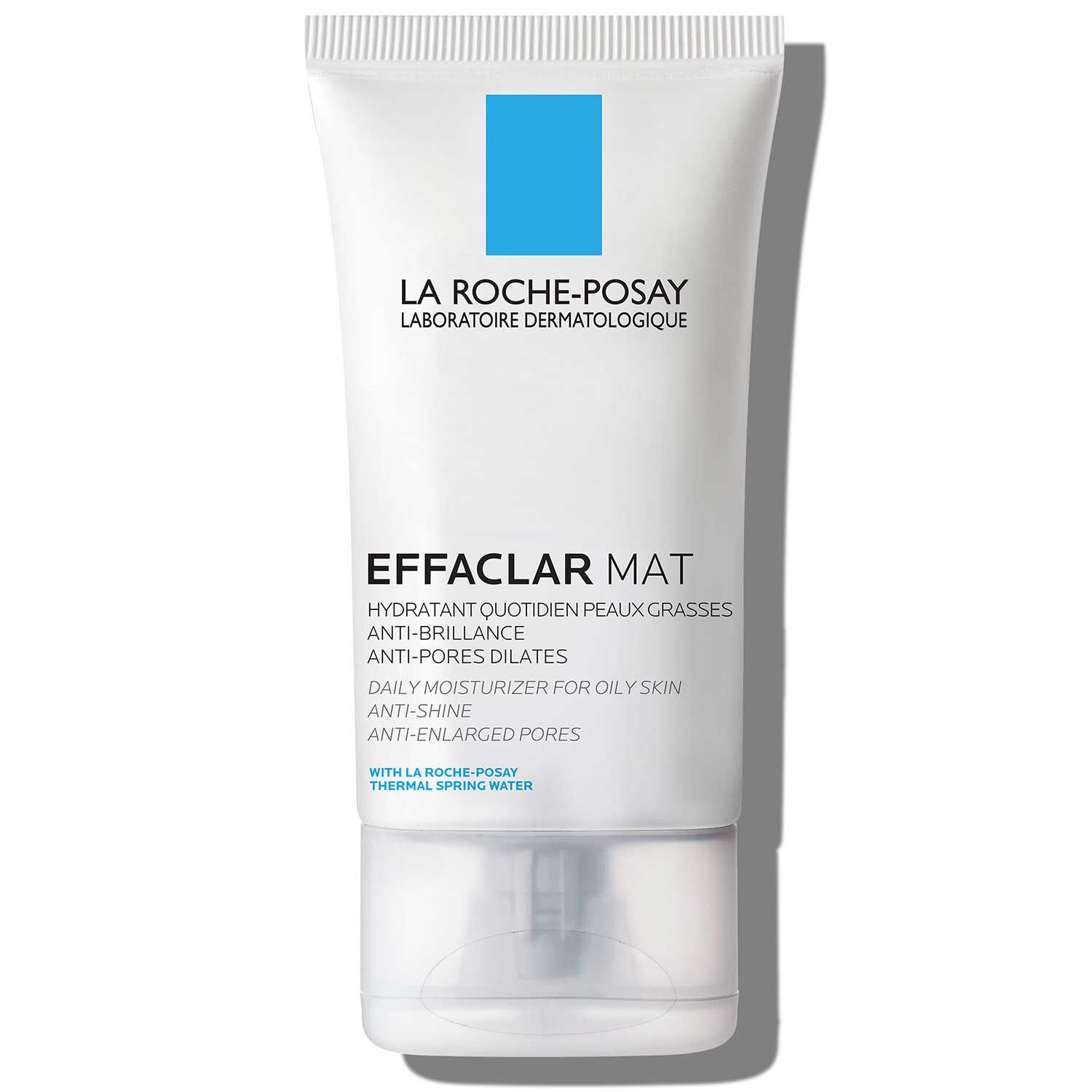CPOpen: Your Gateway to Current Affairs
Stay updated with the latest trends and insights across various topics.
Moisturizer Mayhem: Why Your Skin Deserves a Hydration Revolution
Unlock your skin's true potential! Discover the hydration secrets that will transform your moisturizer game and banish dryness for good.
The Science Behind Moisturizers: Unlocking the Secrets to Perfectly Hydrated Skin
Understanding the science behind moisturizers is essential for anyone seeking perfectly hydrated skin. Moisturizers serve as a barrier, maintaining the skin's natural moisture balance by reducing water loss. They typically contain three key ingredients: humectants, emollients, and occlusives. Humectants, such as hyaluronic acid and glycerin, draw moisture from the environment into the skin, while emollients, like fatty acids and plant oils, smooth the skin's surface. Finally, occlusives, including petrolatum and beeswax, form a protective layer that locks in moisture, making these components vital for achieving and maintaining hydration.
The effectiveness of a moisturizer heavily depends on its formulation and the individual's skin type. For instance, those with oily skin might prefer lightweight, oil-free formulas rich in humectants, while individuals with dry skin could benefit from products high in occlusives for deeper hydration. It's also crucial to apply moisturizer at the right time. Ideally, it should be applied soon after cleansing, when the skin is still damp, to maximize moisture retention. In essence, mastering the use of moisturizers involves not just choosing the right product, but also understanding the science behind moisturizers and how they interact with your skin.

5 Common Myths About Moisturizers Debunked: What You Need to Know
5 Common Myths About Moisturizers Debunked
Moisturizers play a crucial role in maintaining skin health, yet many misconceptions exist surrounding their use. One prevalent myth is that moisturizers are only necessary for individuals with dry skin. In reality, everyone, regardless of skin type, can benefit from moisturizing. Even oily skin produces oil, which can lead to increased oiliness and breakouts if not properly balanced. Applying a suitable moisturizer can help maintain hydration levels, making it essential for balanced skin care.
Another common myth is that using a moisturizer will make your skin greasy. Contrary to this belief, modern formulations come in various textures, including lightweight gels and non-comedogenic creams specifically designed for oily skin types. Additionally, some people think that the thicker the cream, the more effective it is, but this isn’t always the case. It's crucial to choose a product that matches your skin's needs. Understanding these myths can empower you to make informed decisions about your skincare routine.
Is Your Moisturizer Actually Working? Signs It's Time for a Change
Finding the right moisturizer can be a game-changer for your skin, but how do you know if your current product is actually doing its job? Moisturizers should keep your skin hydrated, smooth, and youthful-looking. If you notice dry patches, an ongoing feeling of tightness, or even increased redness, these can be clear signs that your moisturizer is no longer effective. Additionally, if your skin starts to feel greasy or breaks out, this could indicate that your product is too heavy or causing irritation. It might be time to reassess your skincare routine.
Another way to gauge the effectiveness of your moisturizer is by paying attention to changes in your skin's overall texture and appearance. If your skin looks dull, with an uneven tone, or if you’re frequently experiencing flakiness or irritation, it may signal that your current product isn't cutting it. Implementing a moisturizer that suits your skin type and addresses your specific concerns can yield noticeable improvements. Don't hesitate to experiment with formulations that offer additional benefits like hydration boosters or anti-aging ingredients, but remember to introduce new products gradually.